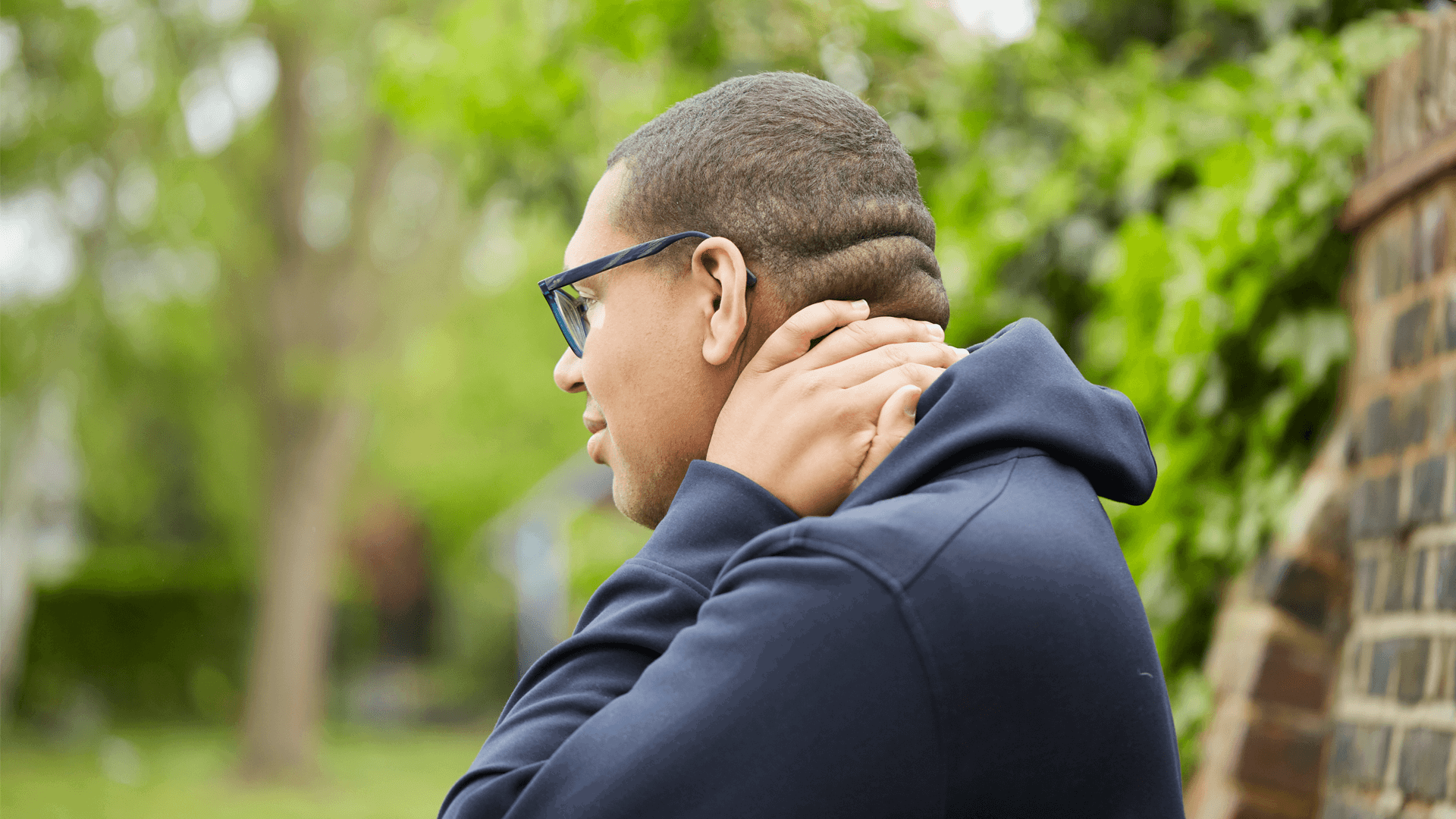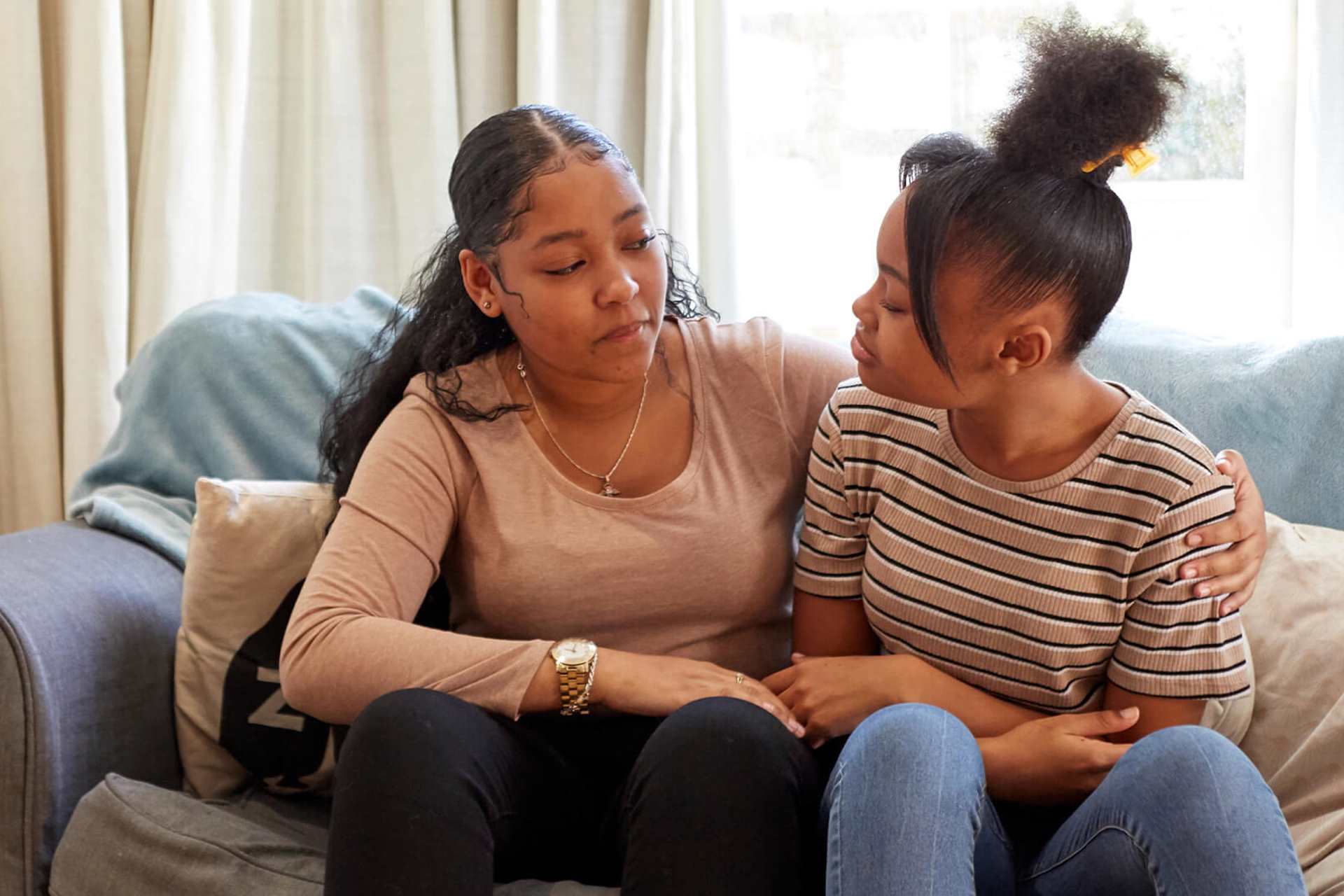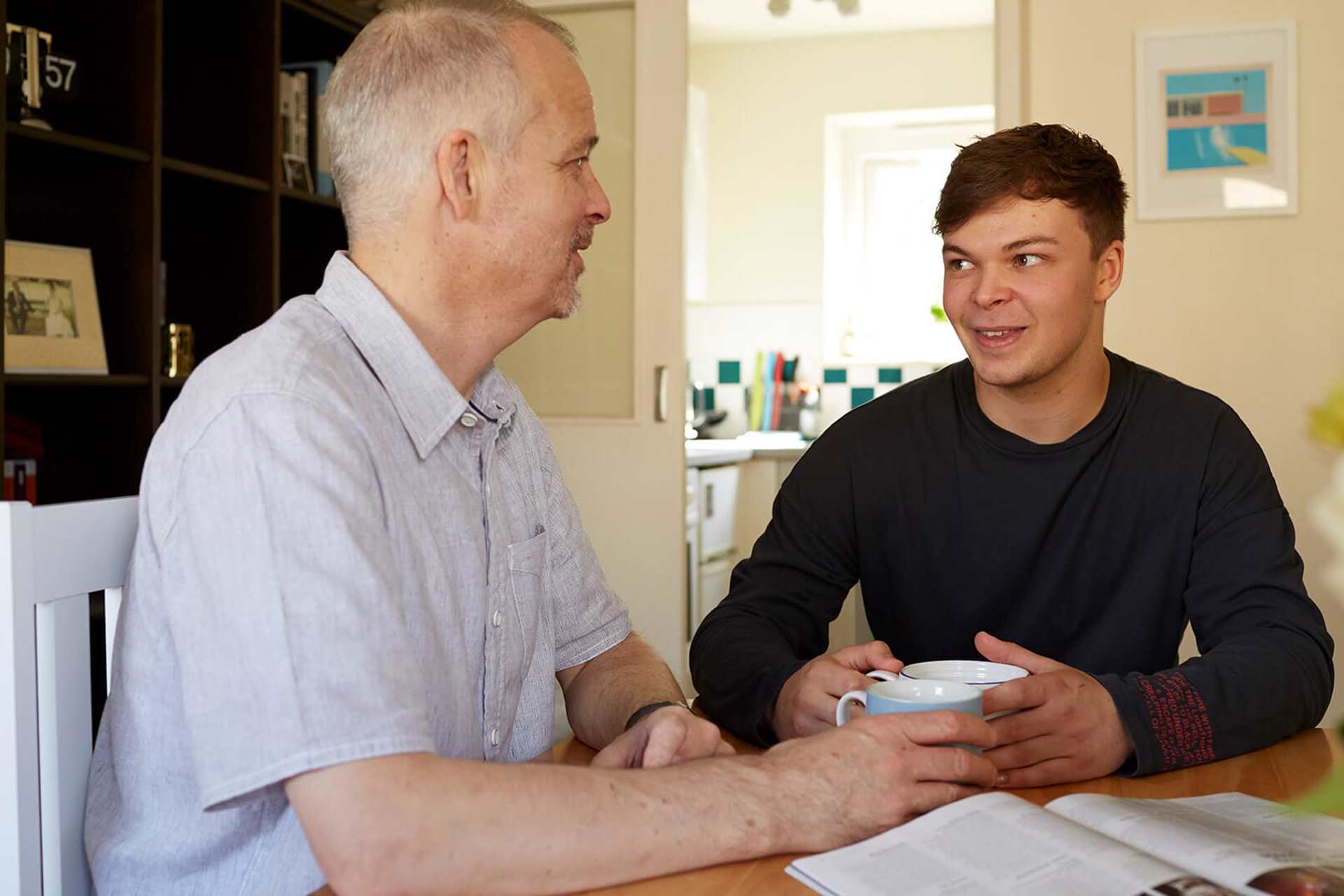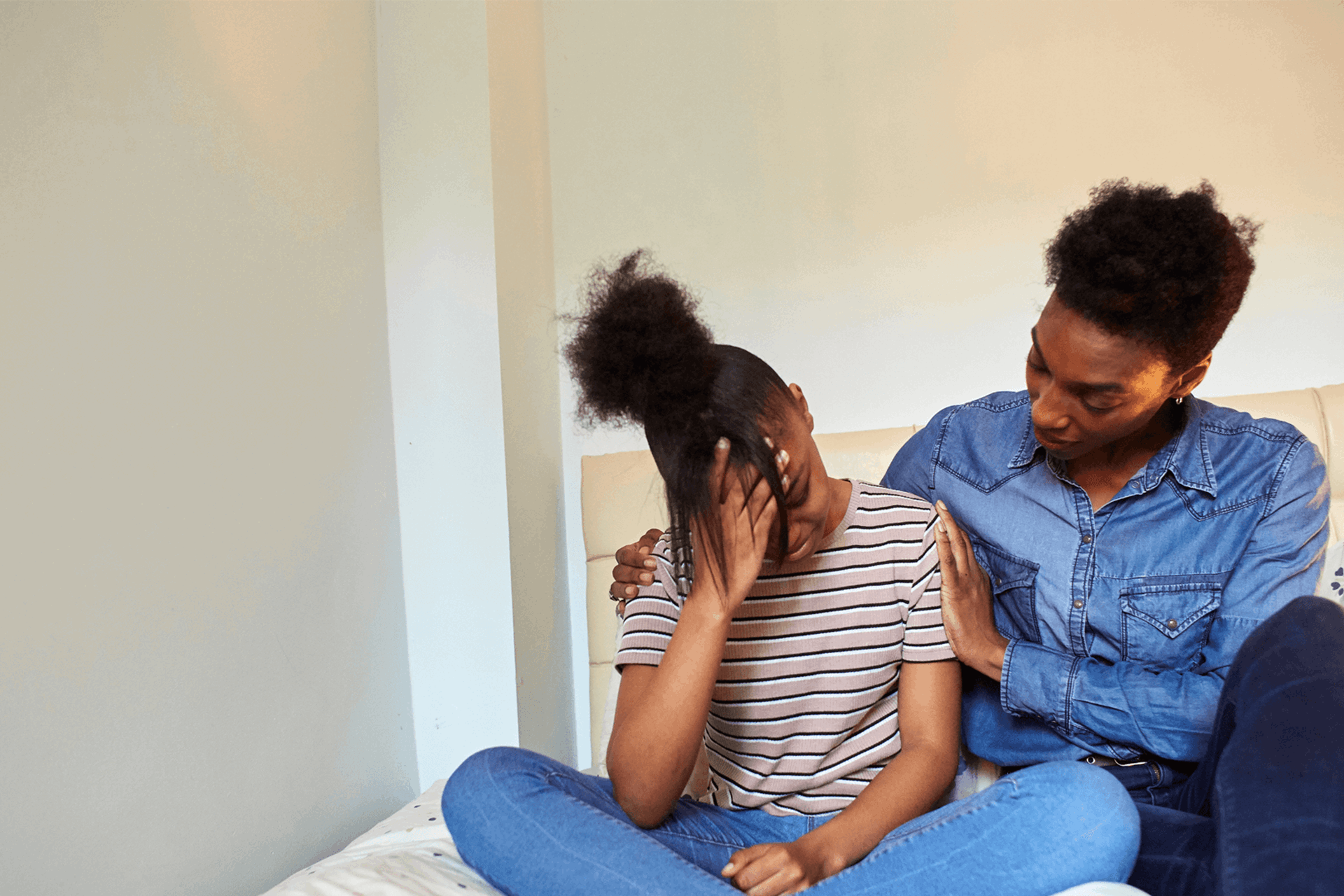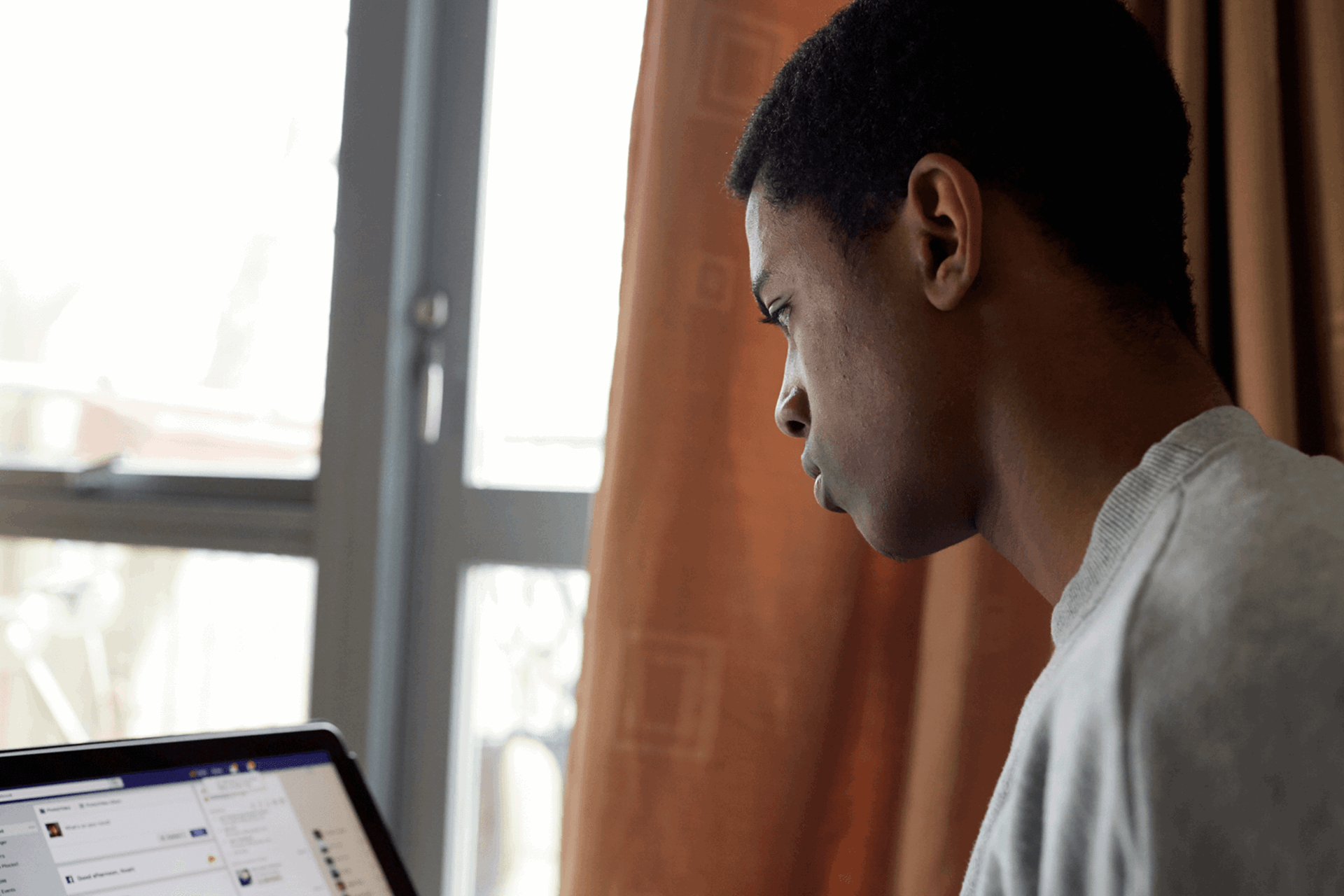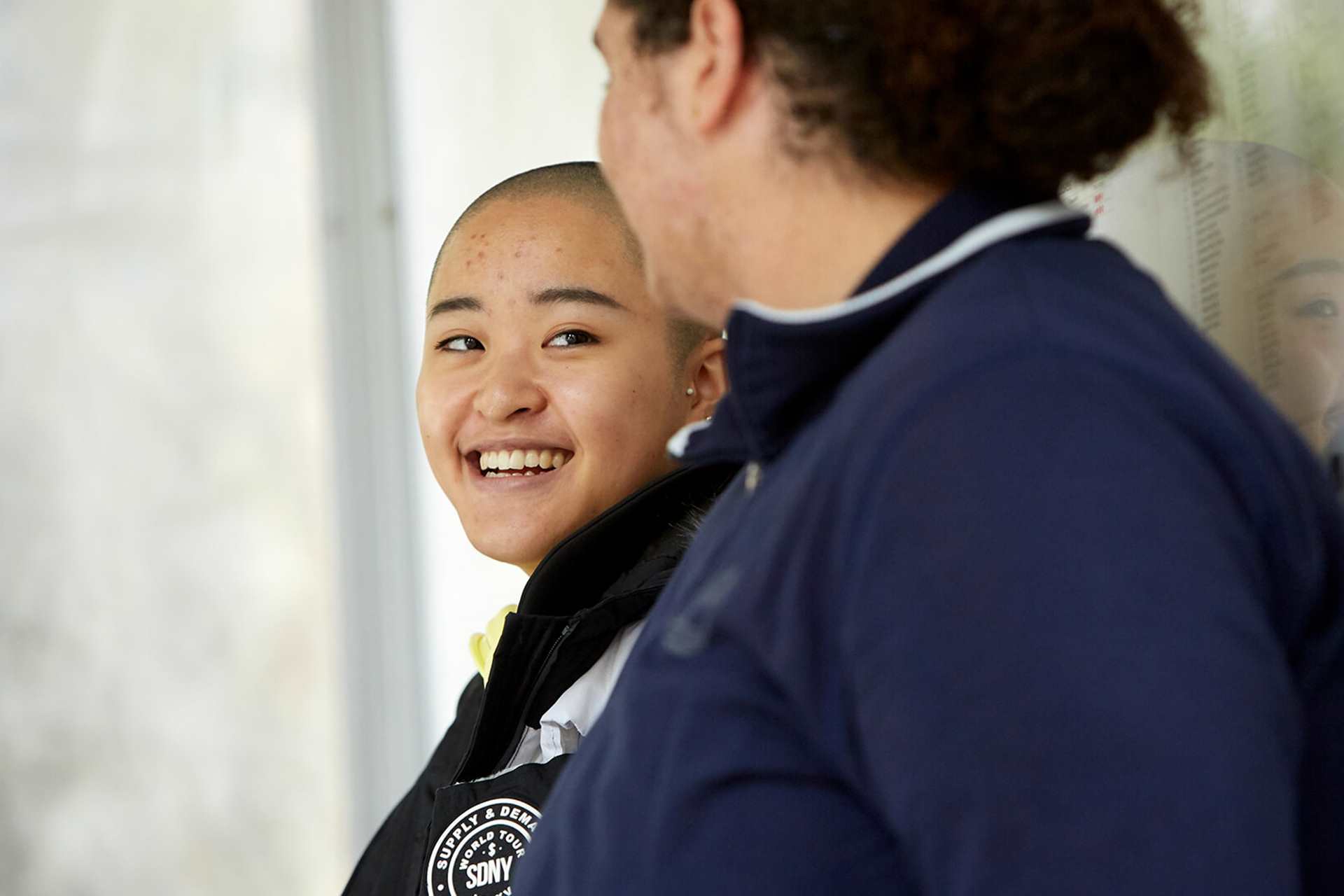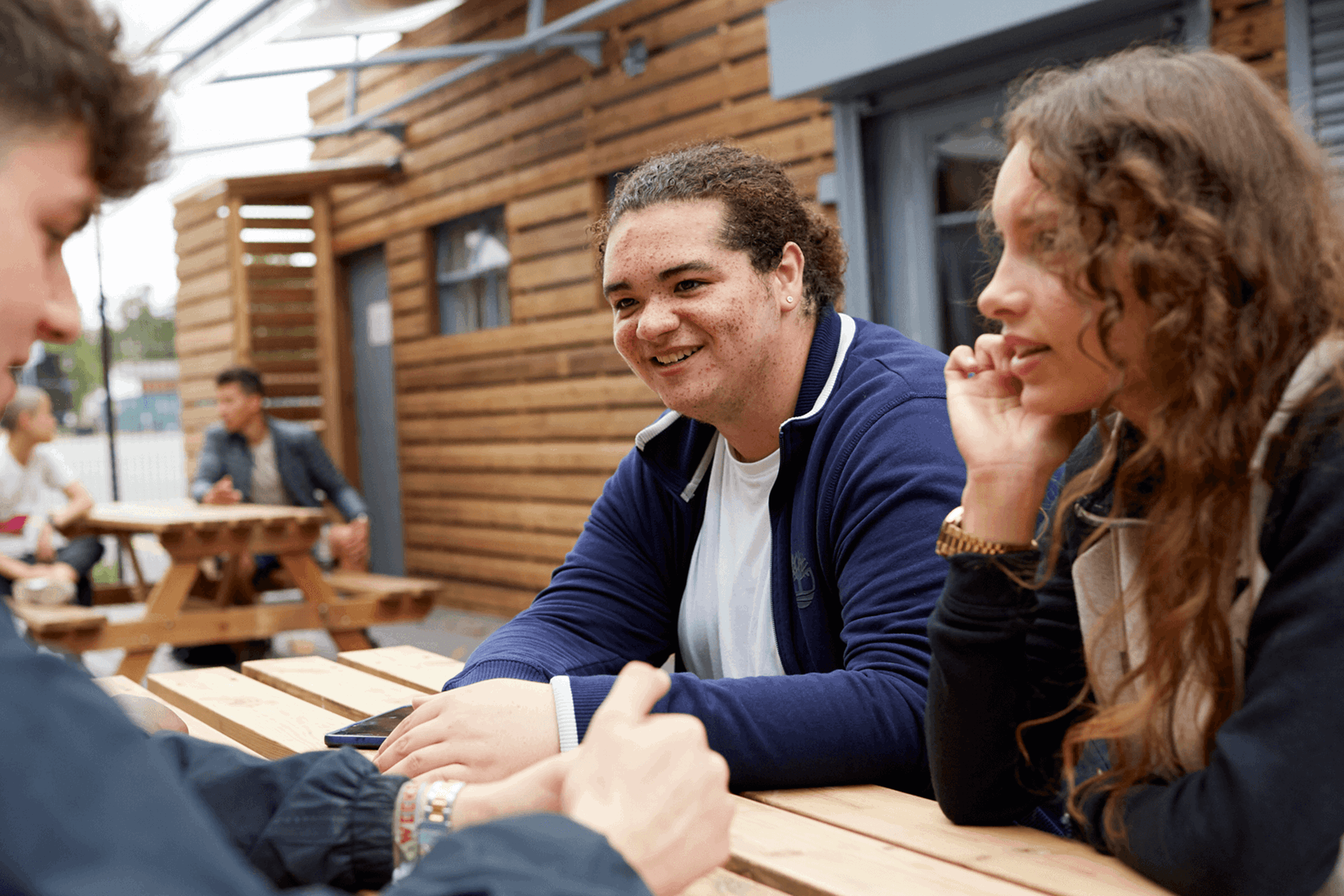Topics mentioned: counselling and therapy,
About: Dr Richard Vincent and Allegra Vaselli, therapists from The School of Life, tackle the most common misconceptions about therapy and answer your questions.
How do I know if I need therapy?
In the past, people would often go to therapy as a last resort; waiting until they were at crisis point. We still have lots of clients who enter therapy in a crisis but we then try to look beyond so they can live a more fulfilling life. However, we also try to encourage people to come to therapy earlier now.
Maybe as psychotherapists we are biased, but we truly believe that everybody would benefit from therapy, at least once in their life. Everyday life is so hectic and fast-paced that we could all do with a weekly space where we stop and reflect on how we are doing, really. Are there any patterns or behaviours that we may not have had time to reflect upon and actually now, we may want to change? Therapy offers a quiet space for us to ask these questions and understand ourselves better.
Everyday life is so hectic and fast-paced that we could all do with a weekly space where we stop and reflect on how we are doing, really.
Therapy may also be really valuable when we don’t know what we need. Sometimes feeling lost and confused can be very difficult to experience. Therapy is not an end point but a tool to help us figure out what isn’t working or what is preventing us from fully engaging in life; whether that’s relationships with other people, ourselves or our bodies; to work; in friendships; or to some other aspect of life.
The same way you need to exercise if you want to be physically stronger, or you need to eat nutritious food if you want to stay healthy, regular therapy helps us to understand who we are, how we got there and where we are going.
Therapy is not an end point but a tool to help us figure out what isn’t working or what is preventing us from fully engaging in life.
What are the most common misconceptions about therapy?
-
"It's not for normal people"
Pretty soon into therapy, you’ll hopefully realise that you aren’t crazy and that there is nothing abnormal about you - or therapy. A kind and patient psychotherapist can help you work through the difficulties of life and remove the feeling of being judged, so you can work on making life more fulfilling.
-
"I will be in therapy for years"
Therapy can make a difference even in just a few sessions - especially for young people. Therapy may help you to look at your world in a different way and that might be enough to get you started on a new life path.
-
"It will be difficult to leave"
With a professional psychotherapist you should feel free - if not encouraged- to suspend or end therapy when you feel it’s right to do so. The goal is to create independence and autonomy.
-
"It is expensive"
It is much easier nowadays to access free or subsidised therapy through various channels. Your GP can refer you for talking therapies, including counselling sessions. Understandably, some young people worry their issues won’t remain confidential if family members are patients at the same GP practice. In that case, it’s a good idea to ask the GP about confidentiality – they can explain in what circumstances they would tell anybody what you’ve said. Or you could refer yourself directly to Talking Therapies through the NHS website.
There are also many charities that offer free counselling, like the ones listed at the bottom of this page. Also, secondary schools and Higher Educational settings should all offer free therapy to those students in need. It may be a short number of sessions but that can still be a helpful start. Finally, most private psychotherapists offer discounted rates for young people/students - so it’s worth asking! We understand there are very real financial pressures in young people’s lives but most people who pay for psychotherapy find it a really worthwhile investment in themselves.
Secondary schools and Higher Educational settings should all offer free therapy to those students in need. It may be a short number of sessions but that can still be a helpful start.
What are the most common issues that are raised?
Often clients arrive in therapy with a pressing issue, like the end of a relationship; anxiety around exams; or social difficulties - but then the work takes us in unexpected and new directions.
Young people may be at an age where they are facing major changes in their lives, for example moving out of home or deciding what they want to study in secondary school. This new independence can stretch relationships within families that are stable but dysfunctional, beyond what everyone can cope with. It’s also common for young people to want to understand how to relate in a different way with their families or their peers - or to themselves physically, sexually and in other ways.
Our teens and twenties are times of great change, and many of the issues we begin to deal with in this time continue to be present in later life. Many of our older clients track back their difficulties to their youth and wish that they’d been encouraged to take the time to talk to someone when an issue first appeared.
Many of our older clients track back their difficulties to their youth and wish that they’d been encouraged to take the time to talk to someone when an issue first appeared.
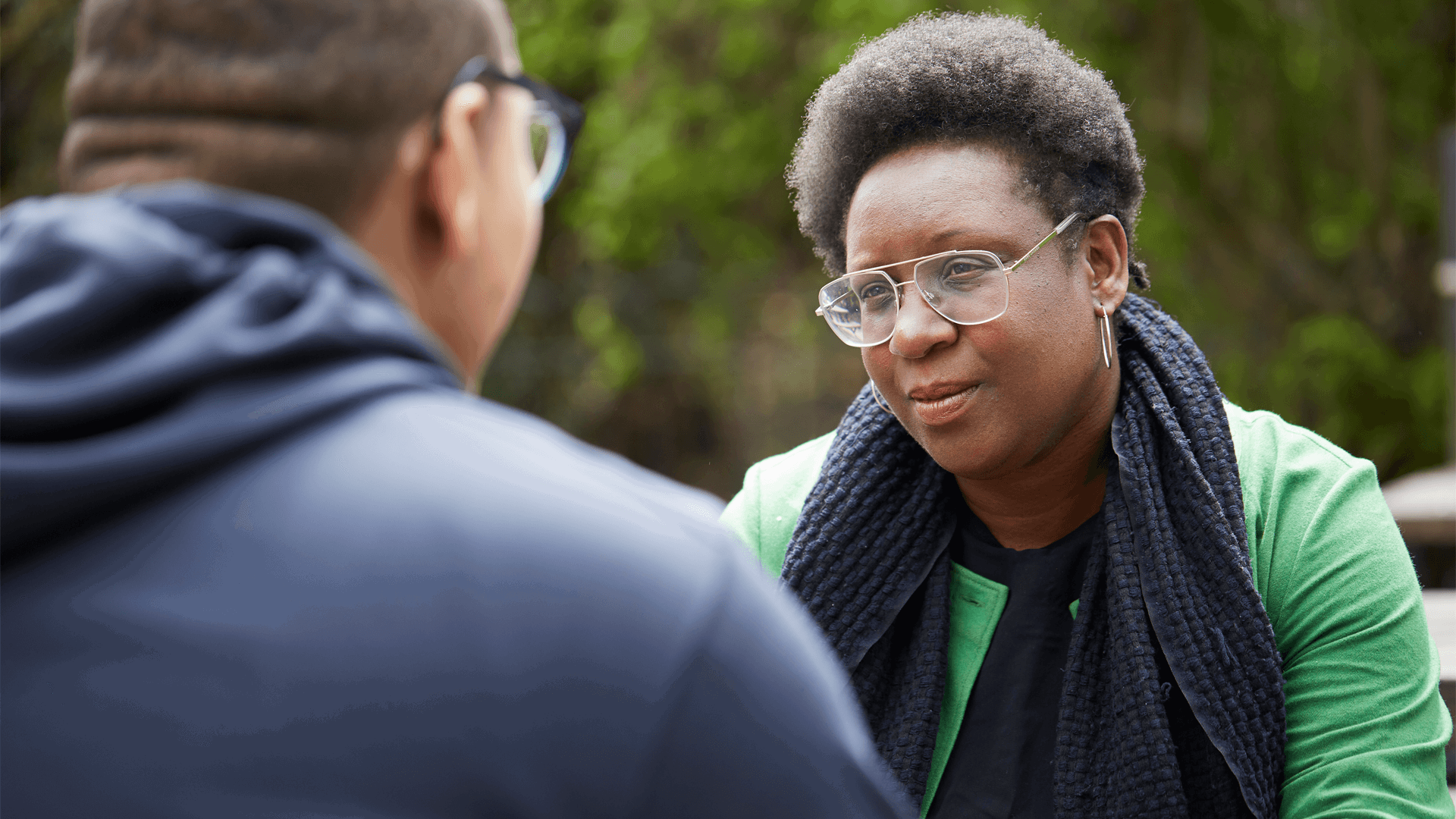
Your guide to support
We have more information on therapy and counselling, CAMHS (Child and Adolescent Mental Health Services), how to speak to your GP about mental health, and inpatient care in our guide to mental health support.
Whatever you're struggling with, support is available and you are not alone.
How long does it take to feel better when you're in therapy?
It could be from the very first moment: being listened to with acceptance and empathy; having your feelings validated and feeling unconditionally supported may be a huge relief - especially if it’s for the first time. The therapy journey then continues.
There may be difficult moments when we implement changes - for example, if we decide to address toxic relationships. This may make us feel worse at first but we are addressing fundamental, core issues so we may need to go through a rough time in order to feel better. It may be painful at first but it is empowering - and your therapist will be there to support you.
Being listened to with acceptance and empathy; having your feelings validated and feeling unconditionally supported may be a huge relief - especially if it’s for the first time.
Would my therapist tell my parents what I say to them?
Accredited talking therapists (psychotherapists, counsellors and psychologists) are bound by confidentiality, so they should not tell parents what you’ve told them. But different rules apply across talking therapies. When you start, you can ask really specific questions about confidentiality until you feel confident about where you stand. Don’t worry or be embarrassed about asking awkward questions, either at the beginning or if something comes up later on. If your therapy is going to work then it is so important to trust your therapist.
Practically, therapists will ask for a contact person ‘in case of emergency’ and will need your GP details - but those will only be used if there is a risk to you or somebody else. It is very rare to break confidentiality, and even then, if there is time they should ask for your written consent before getting in touch with your GP, emergency contact or the emergency services. In those rare cases, most therapists will try to only disclose the minimum amount of information necessary to ensure everyone’s safety.
Accredited talking therapists (psychotherapists, counsellors and psychologists) are bound by confidentiality, so they should not tell parents what you’ve told them.
If you could give your younger self one piece of mental health advice, what would it be?
Allegra
One. Adolescence and teenage years are hard. For many people, it was the most difficult time of their lives. And yet we, as a society often silence young people’s voices and dismiss their struggles, sticking to an idealised version of youth as a care-free time of fun and idleness. This only serves to create another layer of disappointment and sense of failure in those young people who are actually struggling. Those years can in fact be extremely difficult: new responsibilities, enormous social pressures, first romances and the emergence of sexuality, new financial pressures…all leading to young people feeling a sense of doom: “If it is so difficult now, what about the future? Everyone says this should be the best time of my life and actually I can barely make it.”
So here is the advice: please keep in mind that for the vast majority of people, life does get easier. Early adulthood is hard: Hold on tight as it won’t be forever. It will pass.
Two. Start implementing positive routines that will support your mental health: eat nutritious meals regularly; get some exercise every day; sleep at least eight hours a night. A body that is deprived of sleep or energy is going to shut down, it’s as simple as that. That may look like depression or a lack of engagement, but it is simply running out of fuel.
Early adulthood is hard: Hold on tight as it won’t be forever. It will pass.
Richard
Life has become so much more complicated since I was young but I think I would just take the pressure off my younger self. One of the secrets that older people take a lifetime to discover is that, most of the time, if you can get up out of bed in the morning; try to avoid getting addicted to anything; and don’t harm people - then you really have a good chance of creating a fulfilling life. It doesn’t really matter what that fulfilling life looks like to the outside, so long as it works for you. I also didn’t need to worry as much about making changes if things weren’t working anymore. It’s simple to write but difficult to put into effect.
One of the secrets that older people take a lifetime to discover is that, most of the time, if you can get up out of bed in the morning; try to avoid getting addicted to anything; and don’t harm people - then you really have a good chance of creating a fulfilling life.
What could schools do to improve young people's mental health?
There have been huge improvements in schools already. For example, counsellors, therapists and psychologists are widely available now in schools and the whole area of mental health is less taboo. We have just got out of the starting blocks though: we have a long way to go.
The way schools are trying to raise awareness is good, but it seems to be mostly in one direction: ‘experts’ talking at students. It is very difficult with all the other demands on schools but perhaps more channels of communication could be opened. Students can share their struggles with their teachers. Schools can make it more present in everyday school conversations. Some of this happens already but it could start with teachers making simple, daily check-ins while taking the register using mental health language: whoever is feeling sad or anxious today raise your hand; who could not fall asleep yesterday night? Was this homework too draining for some of you? What was the most relaxing moment of your day yesterday? More communication can continue to be encouraged between students. For example, groups and active workshops run by students.
There could be more focus on difficult-to-reach groups. Boys and young men still experience more stigma when sharing about their mental health. It is a long road, but society would benefit immeasurably if young men can view vulnerability as part of their strength.
There could be more focus on difficult-to-reach groups. Boys and young men still experience more stigma when sharing about their mental health.
At a more strategic level, mental health could also be part of all schools’ compulsory curriculum. Young people need to cover in real detail the things that cause us the most difficulties in life: how do we form and maintain relationships? How do attachments affect our brains? How does our environment affect how we behave? In biology for example, it is important for students to understand about heart problems and diabetes, but it may be more relevant to understand areas related to their immediate mental health and emotional wellbeing, like what happens in a panic attack?
This is part of why the The School of Life was set up as an organisation: to address the emotional areas that were missed in our education. More specifically, it was built to help us find calm, self-understanding, resilience and connection – especially during troubled times. We place emphasis on the need to understand ourselves better, so that we can secure serenity and make optimally reliable decisions, particularly around love and work. We share our ideas through a range of channels, many of them online, so that you can choose the format that works best for you. In order to help you, we offer books (physical and eBooks), online psychotherapy, online classes, and a range of virtual solutions for businesses.
The School of Life is a global organisation helping people to lead more fulfilled lives. The School of Life is a resource for exploring self-knowledge, relationships, work, socialising, finding calm and enjoying culture through content, community and conversation.
Dr Richard Vincent (PsychD) is Clinical Lead and Chartered Counselling Psychologist specialising in psychotherapy at The School of Life (HCPC accred, BPS registered).
Allegra Vaselli (PsychTh.MS.) is an integrative psychotherapist at The School of Life (PsychTh.MS., MBACPAccred).
Maybe as psychotherapists we are biased, but we truly believe that everybody would benefit from therapy, at least once in their life.
More information and advice
We have tips and advice to help you find the support you need. Take a look at our guides.
Where to get help
However you're feeling, there are people who can help you if you are struggling. Here are some services that can support you.
-
Childline
If you’re under 19 you can confidentially call, chat online or email about any problem big or small.
Sign up for a free Childline locker (real name or email address not needed) to use their free 1-2-1 counsellor chat and email support service.
Can provide a BSL interpreter if you are deaf or hearing-impaired.
Hosts online message boards where you can share your experiences, have fun and get support from other young people in similar situations.
- Opening times:
- 24/7
-
Youth Access
Provides information about local counselling and advice services for young people aged 11-25.
Put in your location and what you need help with into their 'Find help' search, and see what services are available in your area.
